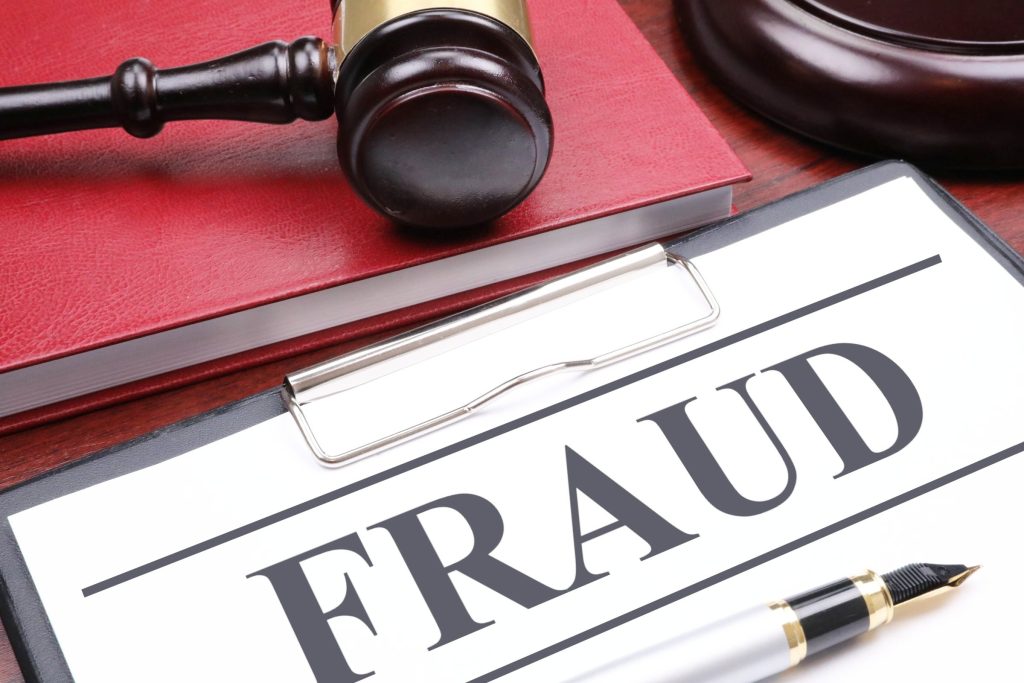As an investor, i have bought many short sales to fix and flip and for long-term rental. As a realtor, I’ve helped both buyers and sellers purchase short sales. Short sales are unique, and they differ from REO (foreclosures) and fair market sales. Short sales can offer incredible bargains for both owner-occupied buyers and investor, but they are not always easy. Short sales require patience and hard work from all parties involved. This includes buyers, sellers, and real estate agents. It is not guaranteed that a short sale will be completed until all closing documents have been signed and the transaction has been funded.
What is a short sale?
I will describe here how a short sale differs from an REO. A REO sale occurs when a bank forecloses on a home and takes possession. The bank will then be able to sell the property and make all the decisions regarding the sale. Short sales are when homeowners haven’t been foreclosed, but still owe their lenders or lien holders more than they can sell their home for.
The bank is not the owner of the house and can’t accept offers or control the sales. However, they have the final say if they accept an amount lower than the debt. Owners of homes still have the right to choose a realty agent, set the price for the listing, and accept or reject any offers. If the seller accepts the buyer’s offer, it does not mean that the bank will accept a lower amount than what is owed. This is only true if the short sale is preapproved.
The bank will then decide whether they will accept less than what they are owed in order to clear the loan from their books. It is not guaranteed that they will accept the short sale. However, they should indicate to both parties whether they believe there is a possibility of an acceptance.

Why would a seller want to make a short-term sale?
Short sales are usually done by sellers who are in danger of foreclosure. Both a foreclosure and a quick sale can ruin someone’s credit, but a short-sale will often do less damage. Many people would prefer to say that they sold their house than say they lost it through foreclosure. Some banks will even pay sellers for completing a short-sale! Short sales are usually cheaper for banks as well, since foreclosures cost thousands in legal fees.
It is not always easy to deal with a seller who has to do a short-term sale. People in distress often act irrationally or not quickly. You may also have to deal not only with a bank who may take a while to make a final decision, but with sellers that are unhappy with the situation. All of this is part of the short sale, and buyers need to be patient.
How long does it take to complete a short-sale?
It is rare that I can complete a short sale in less than two week. You should expect a short-sale to take at least six weeks to be approved. In some cases, you may have to wait for months. It can take a while to gather all the information that is needed by the bank and ensure it’s correct. Some banks won’t offer short sales to buyers who can afford the payments. They do not want to lose money if owners are able to continue paying. Just as a borrower must provide the bank with a large amount of information, so too does the seller during a short-sale.
Banks also need to calculate the value of short sales, which may take time. The banks want to ensure that they base their short-payoff on the real value of the house. To do this, the banks order broker’s price opinions by agents (the listing agents and independent agents), using desktop valuations or full-blown appraisements. The formula that each bank uses to determine how much it will accept varies from one situation to another.

What are the odds of a short-sale offer being accepted by borrowers?
You need to ask yourself if the hassle and time involved in a short-sale is worth it. The chances of a short sale being accepted are not based on a magic formula. However, the closer an offer is to its actual value, the more likely it is that the offer will be approved. There is a high chance that the bank will reject your offer if you try to steal the property.
You will usually lose nothing if the offer is rejected, except for the time spent making the offer and waiting. Many short sale offers have been accepted by the seller but rejected by banks. You shouldn’t expect all short sales offers accepted by the seller will close.
If the house is on the verge of foreclosure, you should also pay attention to the date. The bank is not required to extend the foreclosure date or allow for a shorter sale when an offer from the seller has been accepted. When I represent a buyer or am the buyer, I watch the date of foreclosure and ensure that the listing agent knows the date. I also take steps to extend the date if necessary.
The real estate agent involved, their experience and if a negotiator is involved will determine whether a short sale goes through or not. Also, how many liens there are on a property and the number of agents are also important.
Is it easier to sell short than before?
Many people have heard horror stories about short sales. In some cases it can seem like a nightmare, but it is not always the case. A short sale is usually much slower than a REO or traditional sale. It is because the lien holders and bank have to agree that a lower amount than they are owed can be accepted.
After the housing crash, short sales were relatively new. Many banks took many months and some even years before they approved sales. The process has improved over the years and some banks are now able to approve sales faster, but the wait can be very long.
What happens if a property has multiple loans and liens?
A short sale is not always about asking one lender for a small payment. Negotiations may also be required for a second mortgage, judgment or other liens. Short sale payouts are more difficult to accept the more liens that exist. Be prepared to wait if you make an offer on a short-sale, especially if the property has multiple liens.
Multiple liens can be problematic because the first lender will often limit the amount they will accept as payment for a second lien. If the second loan does not agree with the amount the first allows, the deal will fall through. I’ve dealt with judgments which will only accept full payment. This makes it difficult to complete a sale.
How can buyers find a good deal on a brief sale?
Short sales are preferred by banks over REOs, as they cost them less. The banks may take less on short sales than the market value. Even if a bank knows it can sell a house for $10,000 more if it is listed as REO, selling the home in a short-sale may save them money.
Investors and owners can get a great deal on a house because the bank is willing to accept less than the market value. Investors might have to wait before making an offer on a REO property but short sales give them an advantage. Most often, the seller will not make repairs to a property that needs work. The pool of buyers for the house is limited if the home does not qualify for FHA loans or conventional mortgages. An investor’s offer may be accepted by a seller more readily than an owner occupied offer, as it is less likely that an owner occupant loan will actually go through.

How to make a bid on a short-sale
The majority of short sales are listed in the MLS, and a buyer may make an offer with the assistance of a Realtor. List prices are usually set by sellers with the assistance of their Realtor. List prices for some short sales are pre-approved. Pre-approved short sales can be hard to come by, as banks won’t start the short sale until they have received an offer. The short sale can be longer than a normal sale because banks will not start the process until they receive an offer.
The seller decides what offers and how much they will accept. Sellers will sometimes accept very low offers when they have limited time left before the foreclosure auction. I’ve bought a few short-sales that were below the asking price, because the sellers had run out of time.
After receiving an offer, most banks will request a package of short sales from the listing agent. This package includes all financial information from the seller, including pay stubs and bank statements, as well as a hardship letter.
I’ve bought several short sales, and the key to buying a short-sale is to act fast. Sellers will often accept the first reasonable offer, even if it is lower than their asking price.
What are the terms of contracts for short sales?
Each state has different laws that govern the contract process. In Colorado, earnest money cannot be deposited before the short sale has been accepted in writing by lien holders. In Colorado, either the buyer or the seller may cancel the contract for any reason at any time before the short sale acceptance. The contract becomes enforceable once the short sale has been accepted. Appraisal, inspection and loan processes are not usually started until the short sale is accepted.
Should you hire a short sale negotiator to help with your negotiations?
Buyers and listing agents may use a short-sale negotiator in some transactions. The short sale negotiator will work with both the seller and lien holders, and do everything possible to convince them to accept the offer. The lien holders may pay for the fee, but sometimes it is the buyers. Fees for short sale negotiators can range from flat fees of a few hundred to thousands or even a percentage.
Short sale negotiators can help speed up the short sale process with the bank, if the listing agents are not doing their job. If the listing agent is on top of things and has the time to deliver everything to the bank then a short sales negotiator might not be necessary. There may also be fewer short sale negotiators available now than there used to be when the number of short sales was higher. We may also see more negotiators if we see more short sale listings.
Short Sale Fraud: How to avoid it

FBI used to investigate short sale fraud as the most common crime. The buyer and seller must follow many rules because lien holders will accept less than what they are owed. Short sale fraud is hard to define, but it can be fraud if the seller or buyer lies or hides information from the bank that accepts the short payment.
Banks will also require the seller and buyer to sign a document called a short-sale affidavit. The affidavit states that the seller and the buyer are not related. It also says that the seller will not rent back the home from the buyer. There are also no other contracts or agreements. Short sale fraud could occur if any of these clauses is violated.
Be careful if you suspect that any of the parties involved in the transaction are doing something wrong, including the agents. Short sale fraud has led to people going to prison.
Banks will often want a property listed on MLS with an agent to allow buyers to submit an offer. It could be a problem if a house isn’t really for sale or is only listed on MLS so it appears to be available, but is actually under contract. Investors who are looking for short sales but want to deal directly with the banks may have a problem if they are not allowed to make offers on the property. The banks are looking to make the most profit possible and anyone who tries to trick them by not marketing a property, faking low values or lying about its condition could get everyone in trouble.
The conclusion of the article is:
You may need to wait, do some work and even be disappointed before you can purchase a short-sale. Due to the current hot real estate market, they are few and far between. We could see a cooling of the market and more short sales, but I don’t expect a huge increase anytime soon. Short sales are possible in hot markets as well, even if the property has been damaged or the loan is much higher than its current value.





